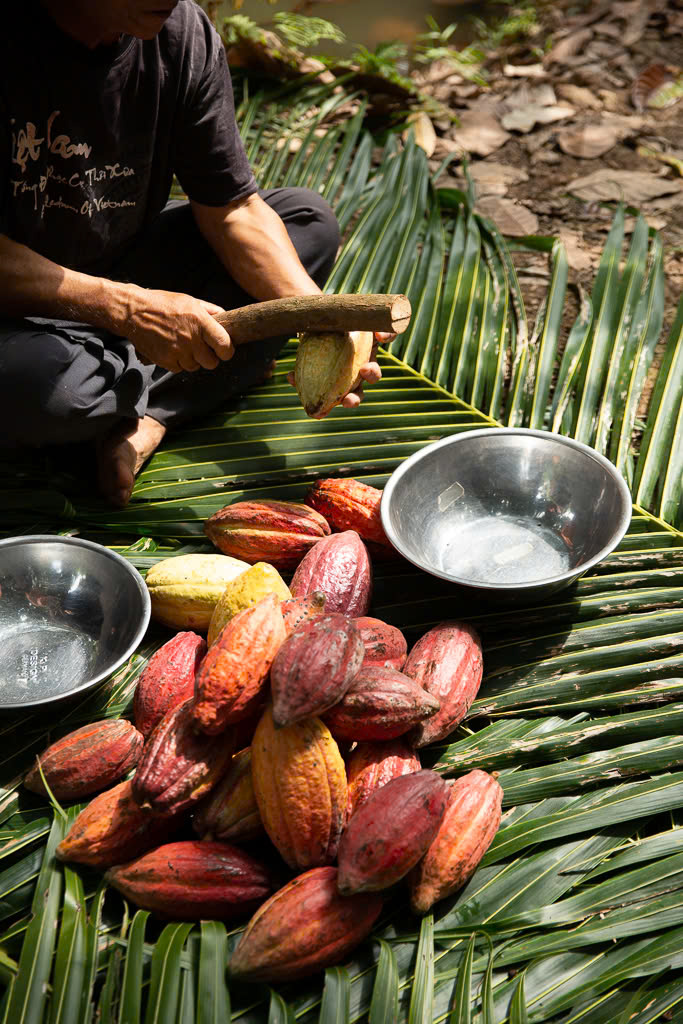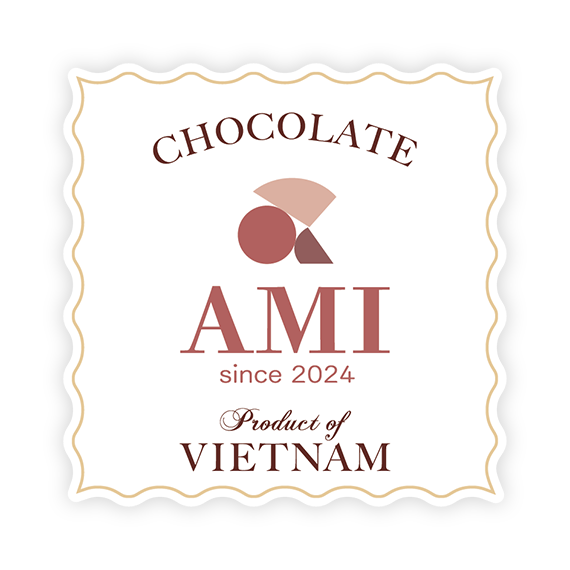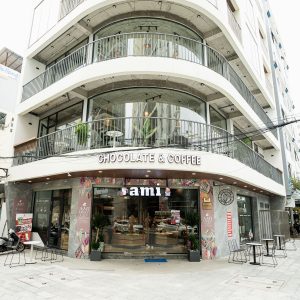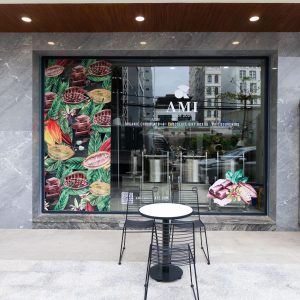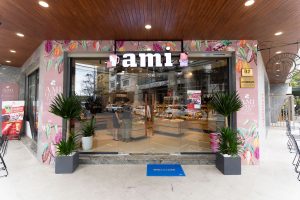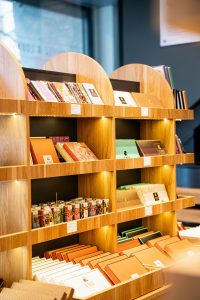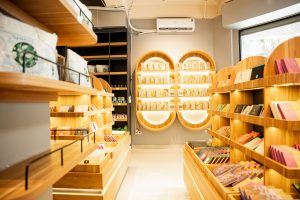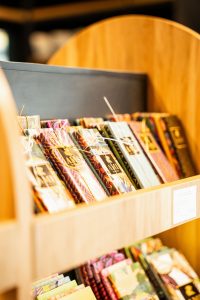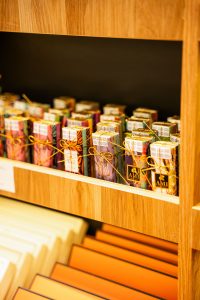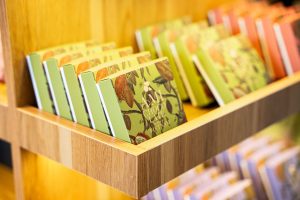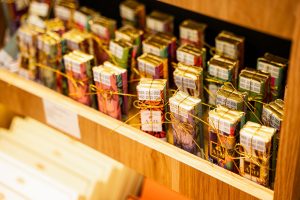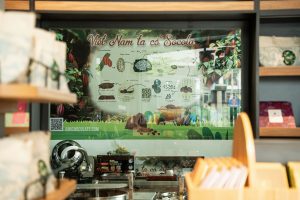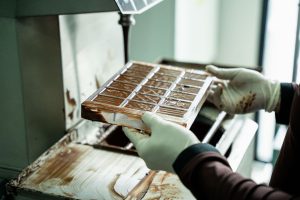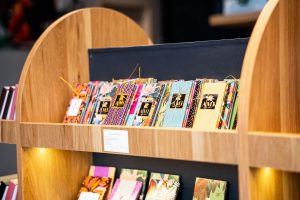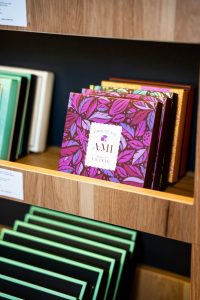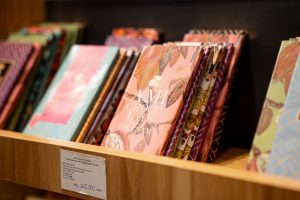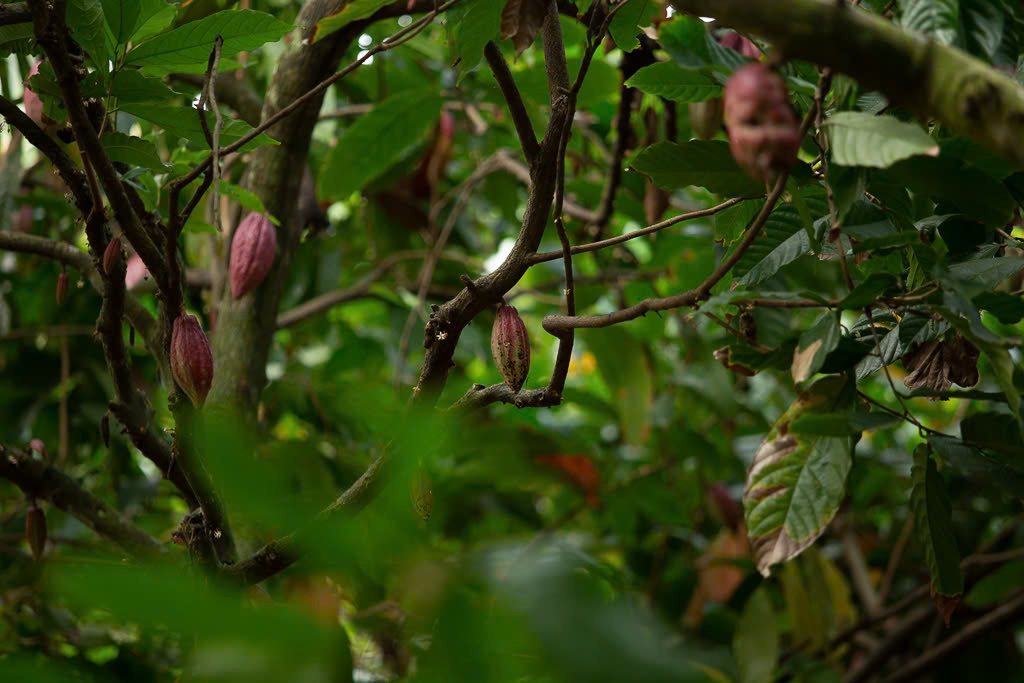
Have you ever noticed how the word “cacao” sounds familiar — and yet, it’s pronounced almost the same around the world?
The word “cacao” originates from the ancient Mayan word kakaw. Later, the Aztecs adopted the word and called it cacahuatl, meaning “cacao water” — a traditional drink made from crushed cacao beans.
When the Spanish arrived in Central America in the 16th century, they picked up the native pronunciation and recorded the word as cacao in Spanish. From there, it spread across Europe, retaining a similar spelling in many languages — such as English, French, and German.
In short, the name “cacao” has its roots in Central America, passed down from the Mayan and Aztec civilizations, and carried to Europe by the Spanish. Since then, cacao has become a globally recognized word — a common name for the fruit behind the chocolate we all love.
Cocoa: A Valuable Crop with a Global Story
Cacao (or cocoa) is a high-value agricultural product, primarily used to produce chocolate and other processed foods. In Vietnam, cocoa is cultivated in various tropical provinces. Among them, Vung Tau (in Ba Ria – Vung Tau province) stands out as a region with both the tradition and natural conditions ideal for growing cacao.
Cocoa trees were first introduced to Vietnam in the early 20th century by the French. However, it wasn’t until the 1980s and 1990s that Vung Tau began focusing on cocoa cultivation. Over time, cacao has flourished here, becoming a signature crop and eventually a regional brand.
All of AMI’s chocolate products are organic, and their cacao comes from this very land — the cherished soil of Vung Tau.
Organic Cocoa from Vung Tau: Clean, Sustainable, High Quality
Organic cocoa from Vung Tau is not only a premium agricultural product of Ba Ria – Vung Tau, but also reflects a growing trend toward sustainability and eco-friendly farming.
Although cocoa has been grown in the area for decades, only in recent years have local farmers and businesses shifted to organic cultivation. This method avoids chemical fertilizers, synthetic pesticides, and genetically modified organisms, instead relying on organic compost, biological agents, and natural techniques to protect the crops.
Thanks to Vung Tau’s tropical monsoon climate, fertile red basalt soil, and abundant rainfall, cacao trees thrive, producing high-quality organic beans. Areas such as Chau Duc and Xuyen Moc have become known as the “cacao capitals” of the province, home to many farms that meet international organic standards.
The cacao beans here are hand-harvested, naturally fermented, and sun-dried to preserve their rich flavor. They are then transformed into a variety of products: pure cocoa powder, dark chocolate, cocoa butter, cocoa wine, and more — all delicious and beneficial to health.
Vung Tau’s organic cocoa is not only enjoyed domestically but also exported to demanding markets like Japan, the EU, and the United States — a testament to the quality and reputation of Vietnamese agriculture.
A Gift from Nature and People
Organic cocoa from Vung Tau is a perfect blend of nature’s bounty and the dedication of local farmers. It is not only good for health, but also contributes to environmental protection and sustainable farming practices.
In response to the growing demand for healthy products, AMI Chocolate has introduced a line of organic chocolate with diverse designs and premium quality — crafted to win the hearts of chocolate lovers everywhere.

